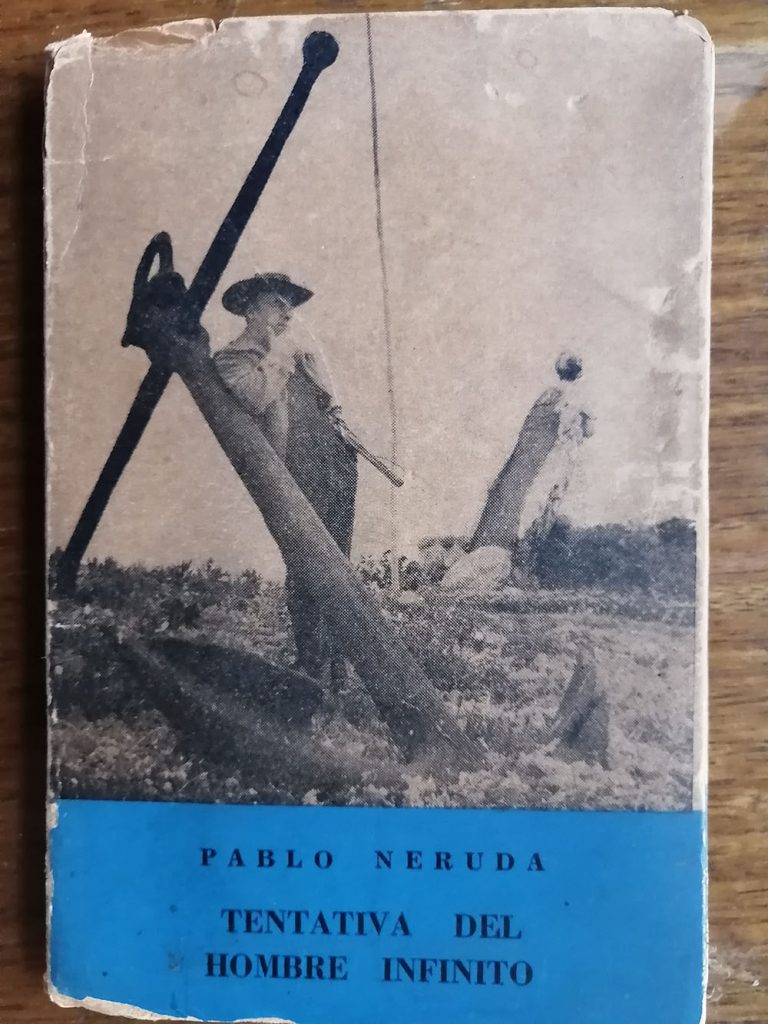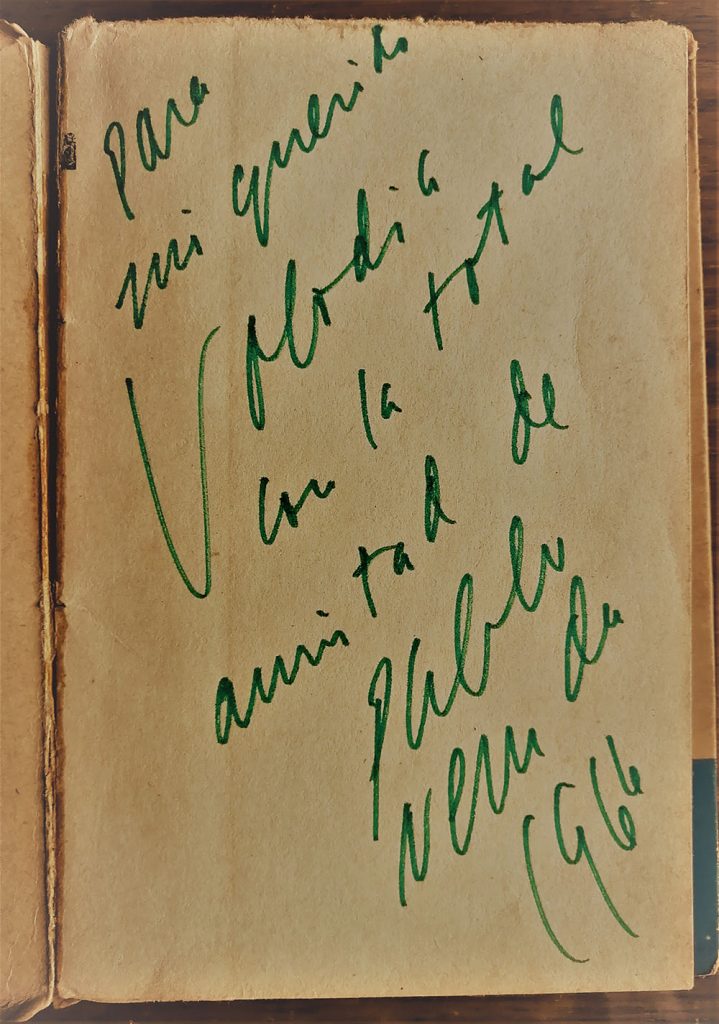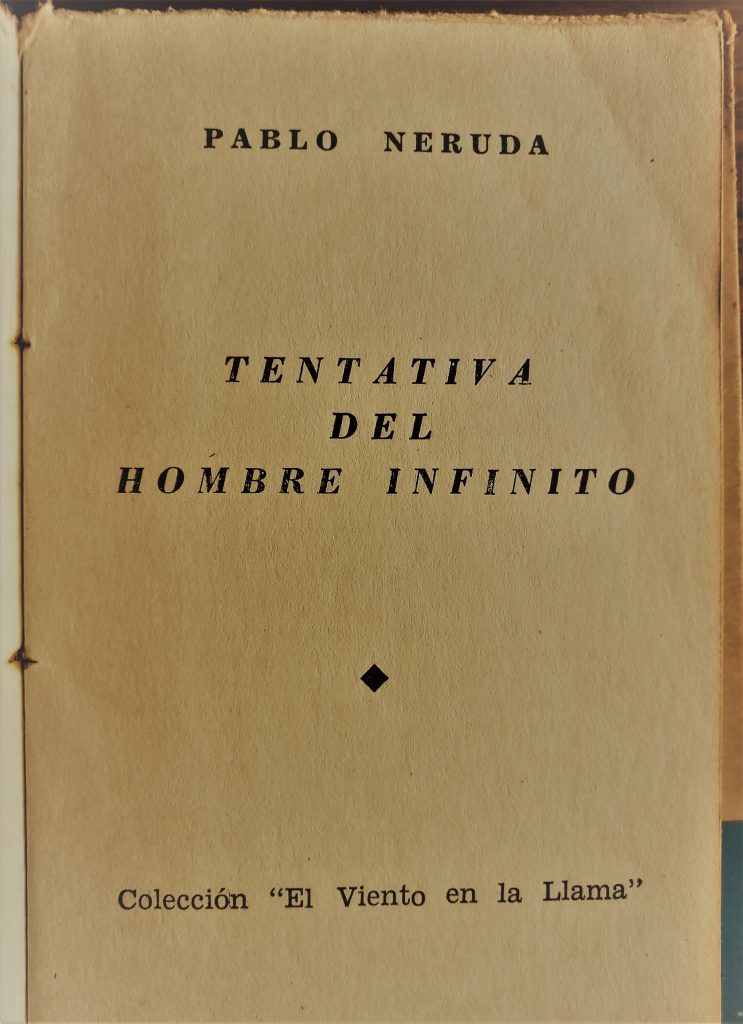Volodia Teiltelboim: friend, comrade and fellow poet
Volodia Teitelboim was a lawyer and an important Chilean politician during the 20th century. In addition, he stood out as a writer. He was part of the group known as The Literary Generation of 1938, and he received the National Prize for Literature in 2002. In this context, he was one of Pablo Neruda’s greatest friends, from 1937 until the poet’s death in 1973, and they were partners in political struggles and colleagues in the field of letters.
Volodia Teitelboim was born in Chillan in Chile in 1916, the same year that Rubén Darío died. During the 1930s, he participated as part of the revolutionary movement in art and socialism. He entered the Communist Youth Party and studied law at the University of Chile without losing his passion for poetry. In 1935, with Eduardo Anguita, he published the Anthology of New Chilean Poetry, a book that caused a long controversy, because it did not include Gabriela Mistral or other important writers.
In 1952, Teitelboim published Sons of Nitrate with a foreword by Neruda in the second edition, after which came difficult days including an exile to Pisagua in the north of Chile in 1956. In the 1960s, he was a member of parliament in the low chamber and later Senator for Valparaíso. In the political world, he was recognized for his eloquence and oratory. At the beginning of the ’70s, the Nascimento Press published a little-known book, The Trade of a Citizen, where Neruda once again wrote a foreword for him with true devotion to his qualities as a committed intellectual, and generating, according to Neruda, “a new dimension of politics”. Then came self-imposed exile in Moscow. Upon his return to the country after 15 years, he published during the ’80s and’ 90s biographies of Neruda, Mistral, Borges and Huidobro, written with great literary rigour.
His biography about Pablo Neruda is one of the most complete and unique, since in it he manages to reveal the poet in his human aspect. This book brings the virtues of a chronological essay, although it indicates that the true biography of Neruda is in his poetry, where he captured all the calls of life.


